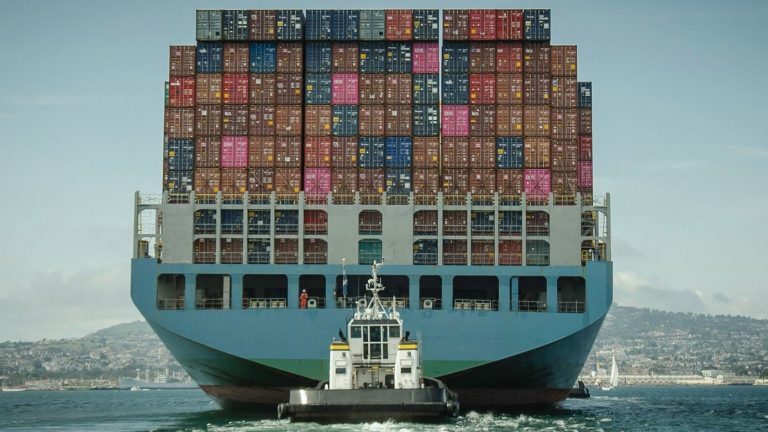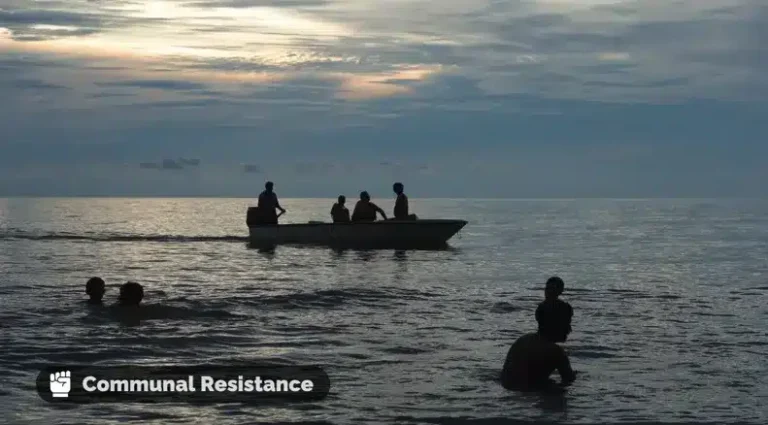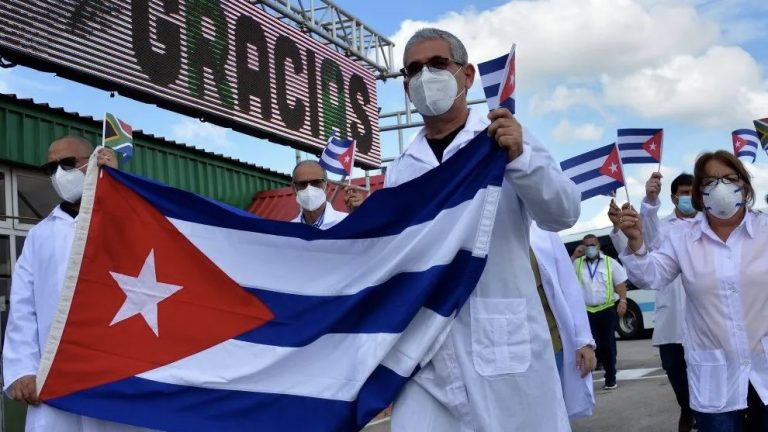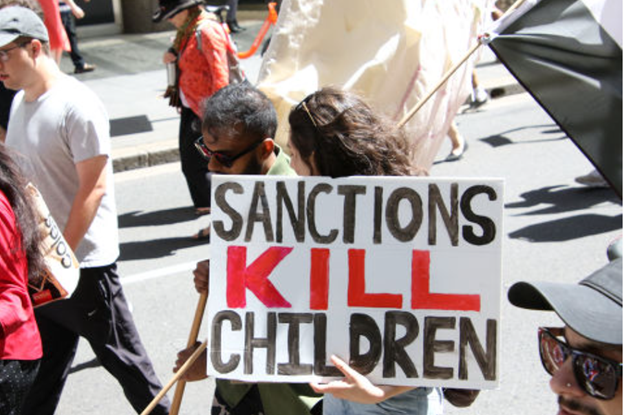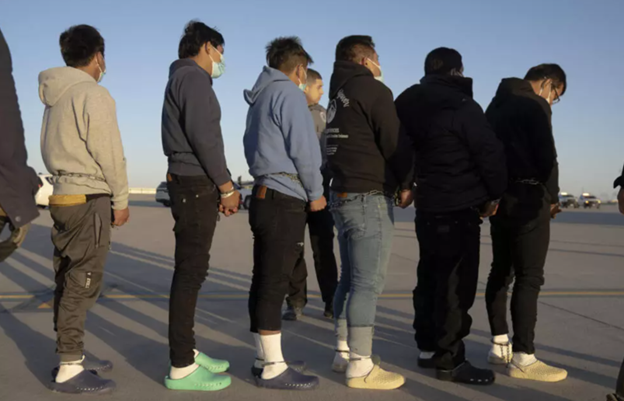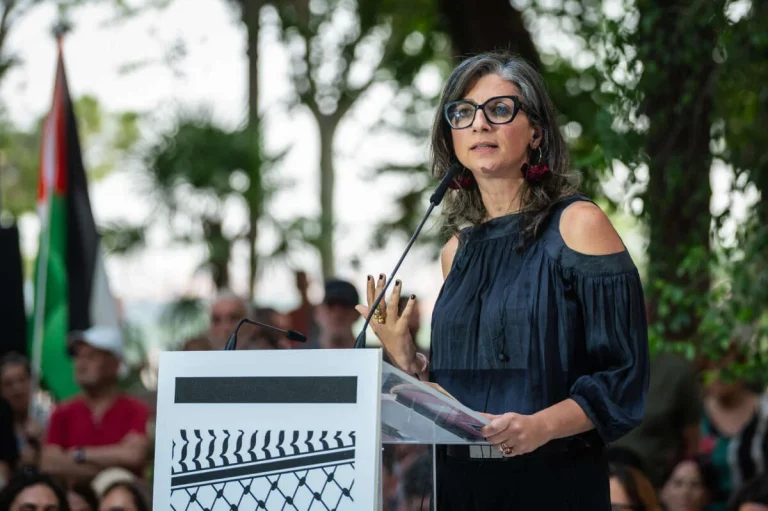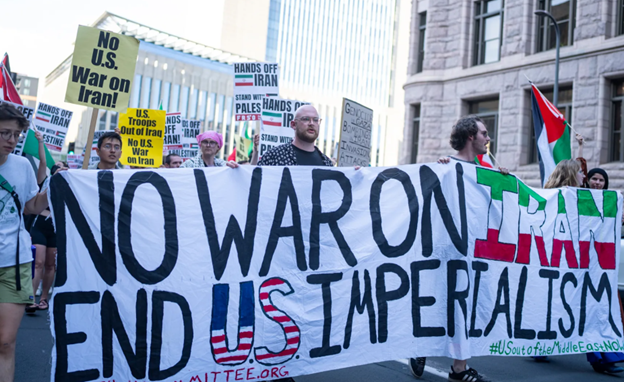Washington Weighs Sanctions On Spanish-Flagged Vessels
The dispute began in November 2024 and has since escalated into a formal maritime standoff involving regulators, ports, and commercial operators on both sides of the Atlantic, according to notices issued by the FMC and Israeli media reports.
Israeli Channel 14 said Washington argues that Spain’s decision “harms maritime trade.” Yet, Spanish authorities maintain they will not allow ports or airspace to facilitate arms deliveries linked to Israel’s genocide of Palestinians in the Gaza Strip.
The issue centers on Spain’s refusal to grant port access and airspace clearance to ships and aircraft transporting arms or military fuel intended for Israel, including vessels carrying what the FMC described as “cargo” bound for Israel.

